1. Seasonal Slowdown: Family Vacations
- Lower Consumer Engagement: Families are often focused on leisure activities, travel, and preparing for the upcoming school year. As a result, their spending shifts away from major purchases like real estate, automobiles, or high-value consumer goods.
- Retail and Hospitality Surge: While general sectors might slow, travel, hospitality, and entertainment sectors may see a temporary spike as families spend more on vacations, but this doesn’t always compensate for slower sales in other industries.
2. Economic Pressures: High Interest Rates
- Decreased Consumer Purchasing Power: With high interest rates, the cost of borrowing increases, making large purchases like homes, cars, and appliances more expensive. This particularly impacts sectors reliant on financing, such as real estate, auto, and durable goods industries.
- Business Investment Slows: Companies also feel the pinch of higher borrowing costs. This can lead to reduced capital investment in equipment, expansion projects, and hiring, further contributing to an economic slowdown.
3. Inflationary Pressures
- Reduced Consumer Confidence: Persistent inflation erodes purchasing power, causing consumers to feel squeezed. With wages often not rising at the same pace as prices, people tend to prioritize essentials, curbing discretionary spending.
- Caution Among Buyers: Many buyers are waiting on the sidelines for prices to stabilize or fall. This is particularly noticeable in sectors like real estate, where potential buyers may be holding off, anticipating price drops or better financing options as inflation cools.
- Price Sensitivity: As inflation increases, buyers become more price-conscious, scrutinizing every purchase, leading to slower sales across various consumer goods, from groceries to electronics.
4. Sector-Specific Impact
- Retail: Many retailers report a drop in foot traffic and online sales during the summer. With consumers feeling the effects of inflation and facing high interest rates, discretionary spending on items like fashion, electronics, and luxury goods tends to slow.
- Housing Market: Rising mortgage rates, tied to high interest rates, have cooled the housing market. Prospective homebuyers are waiting for either a drop in rates or a correction in home prices, causing sales volumes to dip.
- Auto Industry: The automotive industry also feels the impact of high interest rates, as the cost of auto loans increases, reducing the affordability of new vehicles for many consumers. Sales in this sector have been slower, with many buyers delaying vehicle purchases.
- Manufacturing and Supply Chain: Higher borrowing costs affect manufacturers as well. Many are deferring expansion plans, reducing output, or delaying the purchase of raw materials and machinery.
5. Waiting for Price Adjustments
- Consumer Behavior Shift: There’s a growing “wait-and-see” attitude among consumers. With the anticipation that inflation might moderate or prices might correct, particularly in housing and auto markets, many are holding off on major purchases, hoping for better deals later in the year.
- Pressure on Businesses: Companies are grappling with how to balance price increases due to higher input costs (materials, labor, etc.) without alienating customers who are already sensitive to rising prices. This delicate balancing act can further lead to slow sales growth.
6. Possible Outlook
- Potential Market Corrections: Many sectors are likely to see an adjustment in pricing in the coming months as businesses align their costs with what the market can bear. However, whether this translates into lower prices for consumers will depend on how inflation and interest rates trend in the short term.
- Consumer Confidence: If inflation shows signs of moderating and interest rates stabilize, consumer confidence could rebound later in the year, leading to a gradual increase in spending as we approach the holiday season.
